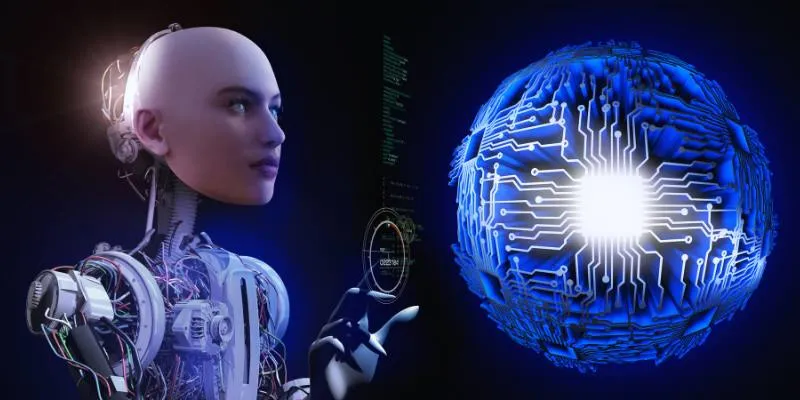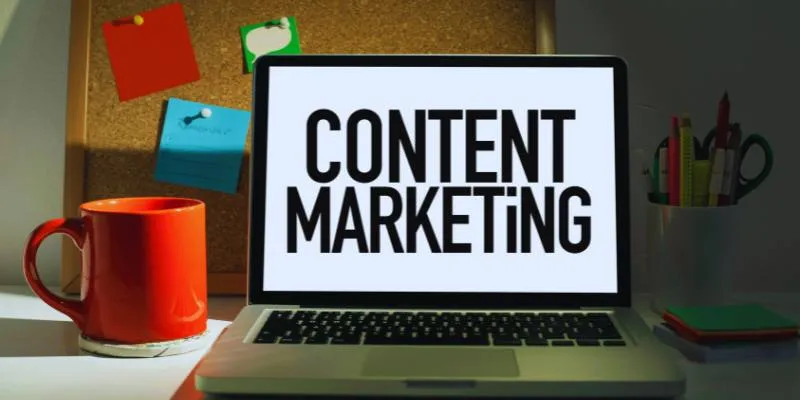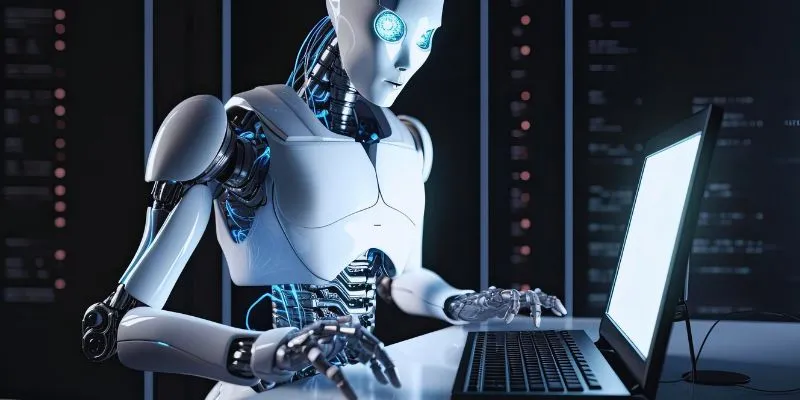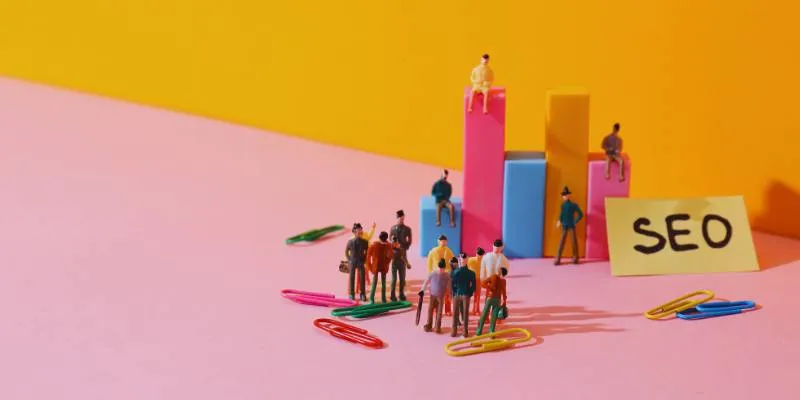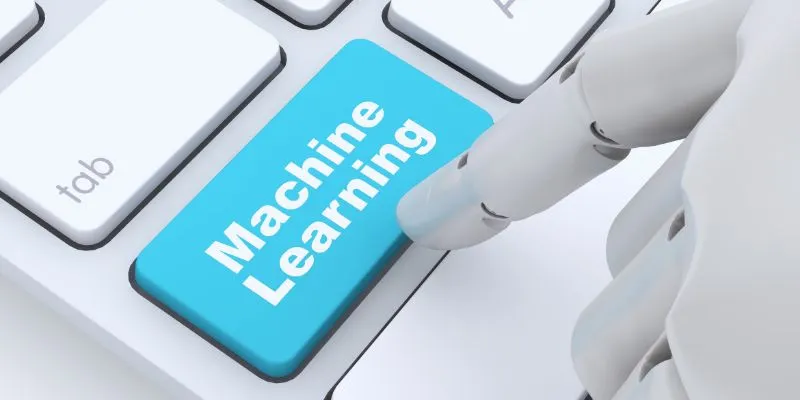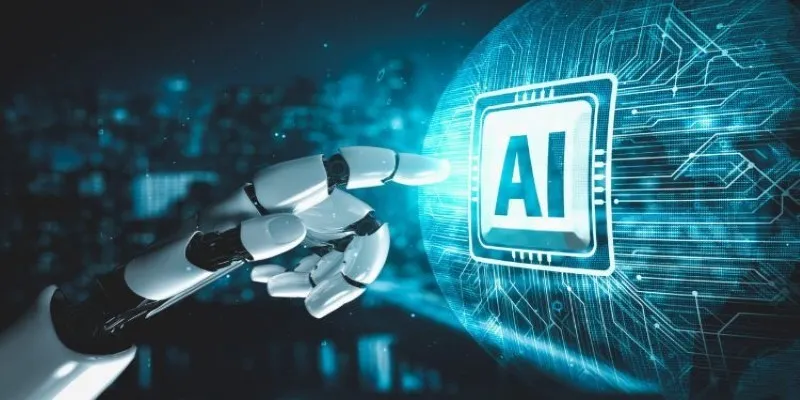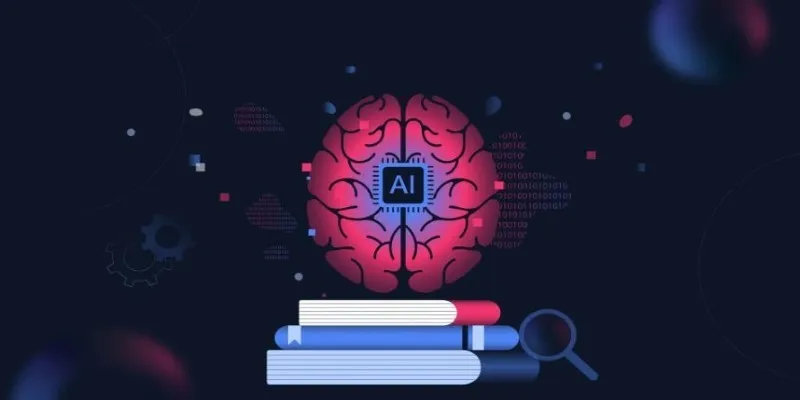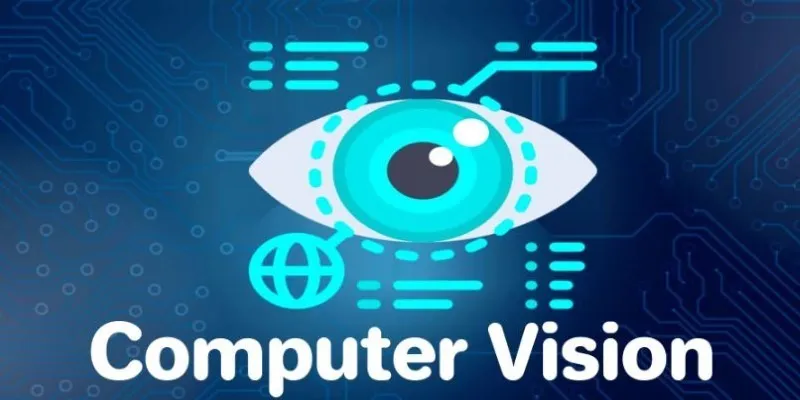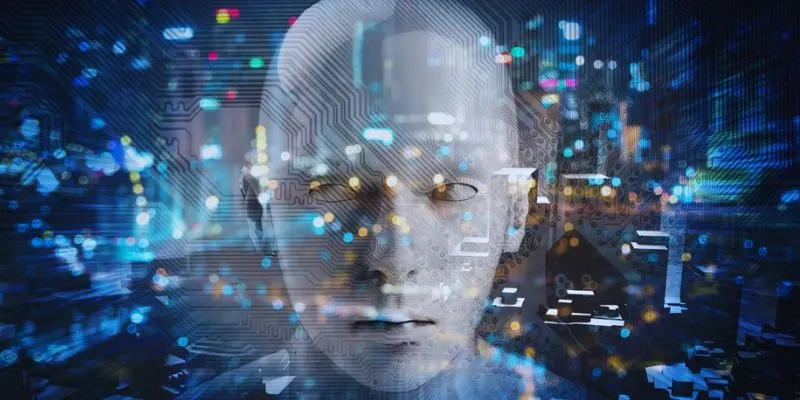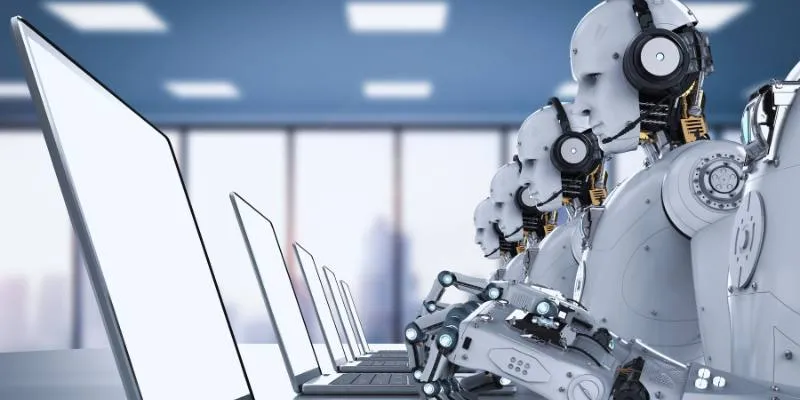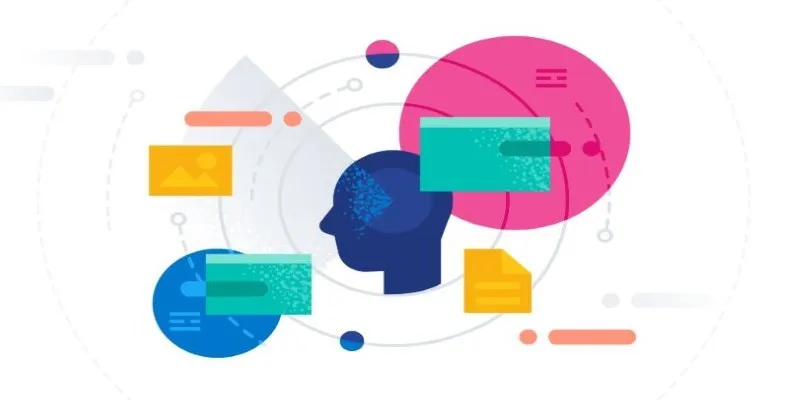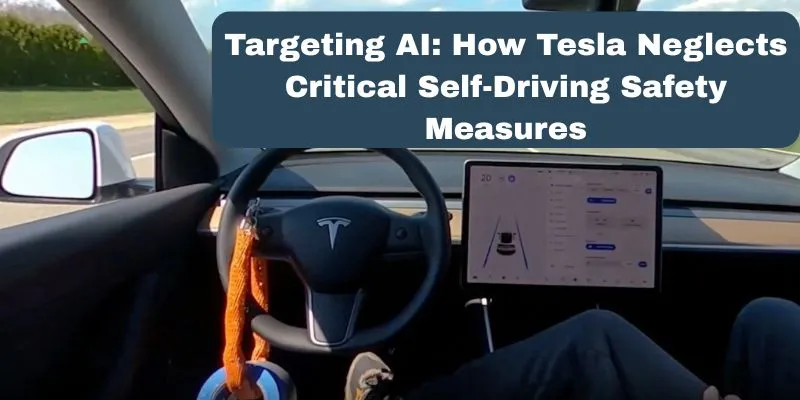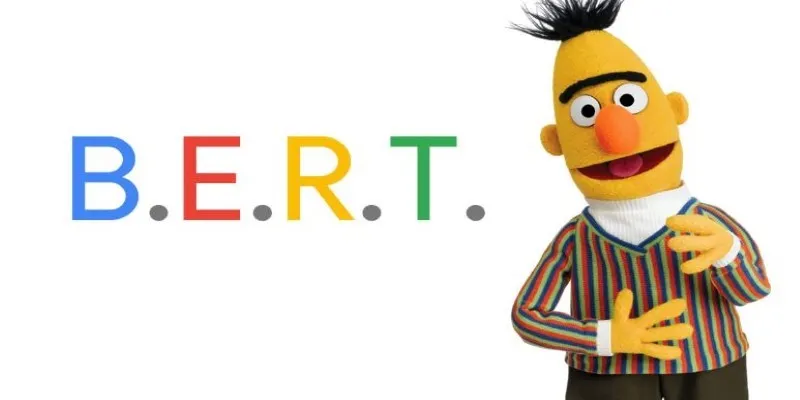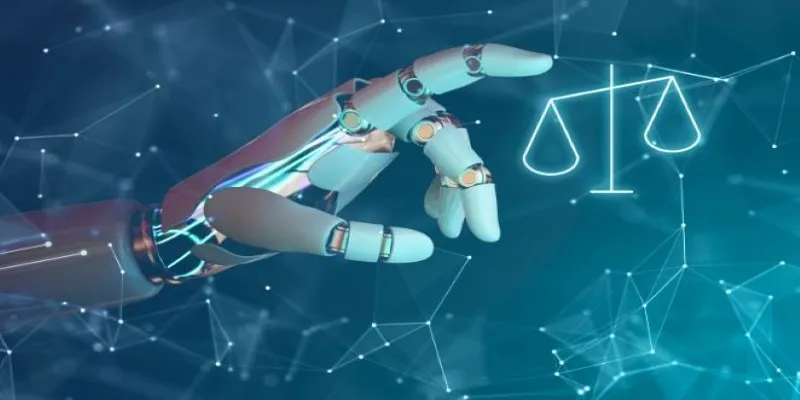As businesses evolve, so do the expectations of employees. In today’s digital world, people want more than just a paycheck—they seek meaning, growth, and support at work. Human Resources (HR) departments are now turning to Artificial Intelligence (AI) to meet these expectations and create better employee experiences.
AI for HR isn’t just a buzzword. It’s becoming a practical way to improve hiring, onboarding, development, and everyday workplace interactions. Companies that embrace AI tools are seeing a shift—not only in how HR operates but in how employees feel and perform.
Understanding AI for HR
AI for HR involves using technologies like machine learning, natural language processing, and predictive analytics to simplify and enhance human resources tasks. These tools empower HR teams to make data-driven decisions and save time on routine tasks. AI is not meant to replace human interaction; instead, it enhances it. Used correctly, AI allows HR professionals to focus more on people and less on paperwork.
The Importance of Employee Experience
The term “employee experience” encompasses every interaction a worker has with their employer—from job application to daily work and eventually to exit. A strong employee experience can lead to:
- Increased job satisfaction
- Improved performance and productivity
- Lower turnover and absenteeism
- A more positive company culture
In a competitive job market, organizations must offer more than just a salary. They need to create an environment where employees feel seen, heard, and supported—and that’s where AI tools for HR come into play.
Enhancing Employee Experience with AI Tools
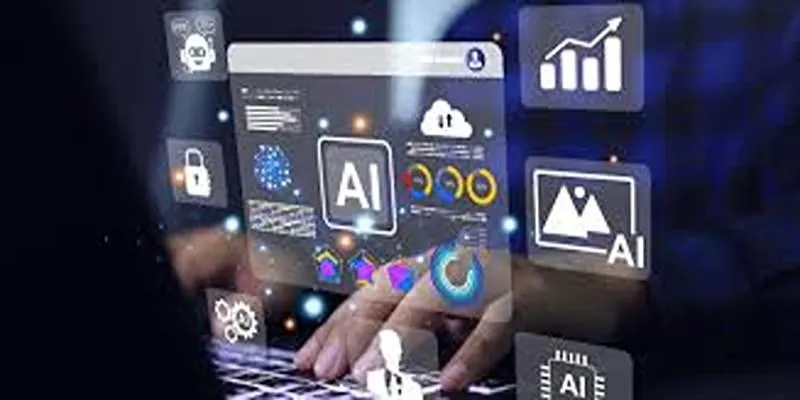
AI in HR is helping companies transition from reactive management to proactive engagement. Here are the key ways AI is improving the employee journey:
Smarter and Faster Hiring Decisions
Hiring can be a long and challenging process. AI-powered recruitment tools streamline hiring by scanning resumes, ranking candidates based on skills, and even predicting future job performance.
Benefits include:
- Faster screening of large volumes of applications
- Reduction in unconscious bias during selection
- Better job-candidate matching using data models
- Improved diversity and inclusion
These tools not only reduce time-to-hire but also help HR teams focus on finding the right cultural and professional fit.
Personalized and Efficient Onboarding
Once a new employee is hired, their first few weeks are crucial. AI-based onboarding platforms deliver a personalized experience by guiding employees through paperwork, policies, training modules, and team introductions. AI chatbots are often used to answer frequently asked questions about benefits, work tools, and schedules, providing new hires with immediate access to support, which enhances their comfort and confidence early on.
Real-Time Support with AI Chatbots
AI-powered virtual assistants or chatbots have become a valuable part of the HR support system. These tools are available 24/7 and can instantly respond to employee queries related to:
- Leave applications
- Payroll details
- Remote work policies
- Training program schedules
By automating these repetitive questions, HR teams save time while employees receive instant support—any time of the day.
Enhanced Feedback and Sentiment Analysis
Regular feedback is essential for understanding employee needs and improving the work environment. AI tools can collect feedback through surveys, emails, and messaging apps, then analyze the data using sentiment analysis to gauge morale.
For example, AI can:
- Identify patterns in employee responses
- Flag dissatisfaction or stress indicators early
- Recommend actions to improve engagement
It helps companies address issues like burnout or workplace conflict before they escalate.
Intelligent Learning and Development Paths
AI helps tailor employee training programs based on their roles, current skill levels, and career goals. Instead of forcing all employees into the same learning journey, AI systems suggest personalized modules and monitor their progress.
These systems provide:
- Learning recommendations based on job trends
- Skill-gap detection
- Role-specific training paths
- Adaptive learning speeds
This personalization helps employees feel more valued and supported in their growth.
Smarter Performance Management
Continuous feedback systems are slowly replacing annual reviews. AI tools now track employee progress in real time, offering a more accurate picture of performance.
Key features include:
- Automated goal tracking and reminders
- Real-time performance alerts
- Skill and productivity assessments
- Fairer and unbiased evaluation metrics
Managers can use this data to provide relevant coaching and recognize achievements promptly—helping build a culture of continuous improvement.
Predicting and Reducing Employee Turnover
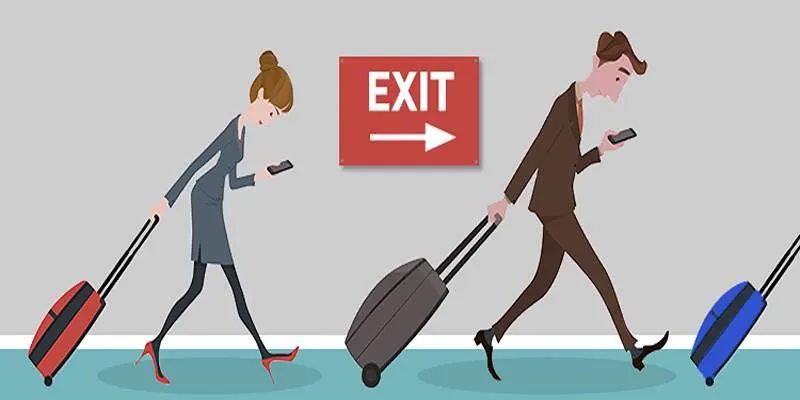
One of the most powerful uses of AI in HR is predictive analytics. These tools can identify which employees might be at risk of leaving based on factors such as engagement levels, performance trends, and feedback sentiment. When these patterns are recognized early, HR can step in to support the employee and potentially prevent resignation. It can save companies both talent and money.
Challenges to Consider
While AI offers many advantages, it’s not without its challenges. HR departments must carefully manage how AI tools are implemented to ensure fairness, transparency, and trust.
Potential concerns include:
- Employee data privacy and protection
- Over-reliance on algorithms instead of human judgment
- Possible bias in AI models due to poor training data
- Resistance from employees uncomfortable with automation
AI should not replace the human side of HR but rather complement it. A balance between technology and empathy is essential.
Conclusion
AI is rapidly transforming HR by making employee experiences more efficient, personalized, and supportive. From smarter hiring to real-time feedback, AI helps HR teams focus more on people than paperwork. Employees benefit from tailored learning paths, timely recognition, and improved mental health support. Managers gain insights that lead to better leadership and stronger team dynamics. With automation handling repetitive tasks, HR can focus on building a positive work culture. However, ethical use and transparency are key to building trust.
 zfn9
zfn9


